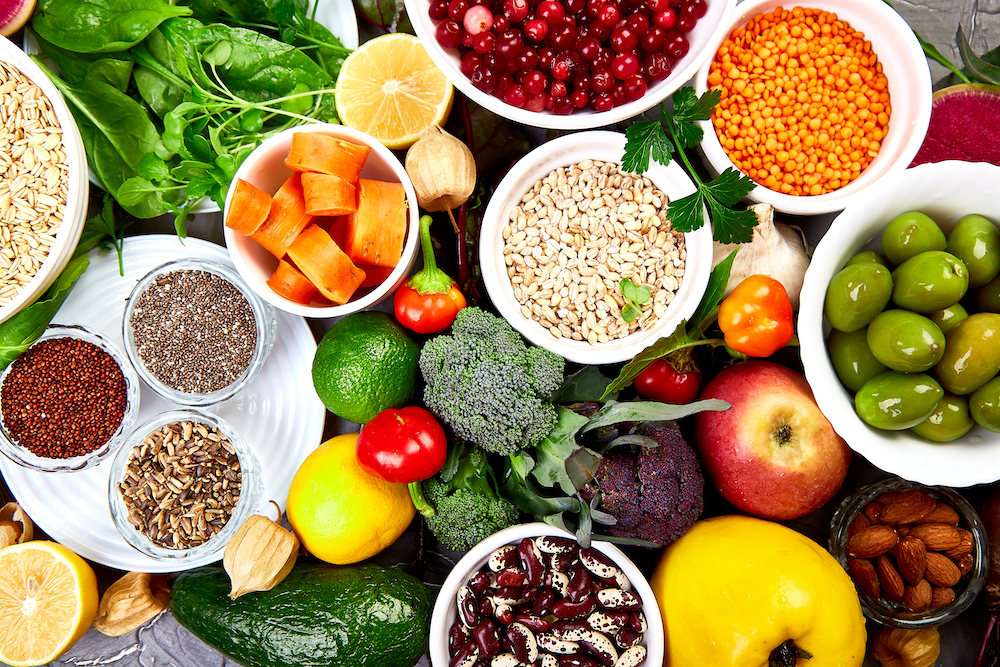
There’s a lot of food many of us wish existed in Sweden. Whether it’s food from your former home country or something you discovered on a particularly good trip abroad, it can be tempting to bring food back to Sweden. If you have seen the popular program Border Security, you have probably seen a lot of food being seized by customs. At the same time, there are some foods that you actually are allowed to bring into the country. But it’s important to keep track of when you get to and what you’re actually allowed to take in.
As far as countries within the EU are concerned, you’re allowed to bring any type of food with you, as long as you don’t intend to resell it. So you can bring food with you as long as it’s for your or your family’s own use. In addition to that, you don’t have to pay duty and tax on the food. Exceptions apply to the Canary Islands. Although the Canary Islands are members of the EU, they’re regarded as an area outside the EU due to plant protection rules. Therefore, the rules for bringing in food from there are the same as for countries outside the EU.
When countries follow the EU’s guidelines
If you have traveled to a country outside the EU, the rules look different depending on the country. For the most part, the rules are very strict. This is to prevent the spreading of diseases and other things that can harm Swedish wildlife and nature. However, if you have been to a country that follows EU rules, such as Northern Ireland, Switzerland and Liechtenstein, the conditions are the same as if the countries had been EU members.
You’re also allowed to bring in food of animal origin from countries such as San Marino, Andorra, Iceland and Norway, even though they’re not EU members. If you shop from the Faroe Islands and Greenland, you’re allowed to bring in the food as long as you only bring in a total amount of maximum of 10 kg.
You may have to pay duty and tax on the food you have bought and so you have to present it at customs when you return to Sweden. Then the same rules apply as when you buy other goods, for example jewellery, technical gadgets, clothes etc.
Food from countries outside the EU
You aren’t allowed to bring in food of animal origin from countries outside the EU, except in the case of honey, live oysters, frog legs and snails. Then you’re allowed to bring in a maximum of 2 kg. You can also bring in infant formula, baby food and other special food that you may need for medical reasons. In that case, however, the food has to be refrigerated goods and it must be a packaged and unbroken product that is sold with a brand name. You’re only allowed to bring in food for your or your family’s own use.
Some foods are completely prohibited from being brought into Sweden. It can be anything from fruits and vegetables to potatoes. However, you can bring in fresh vegetables, fruits, herbs and plants as long as you have a health certificate. You can get the certificate from the plant protection authority in the country you bought the food in. The certificate ensures that the food you’ve bought complies with EU guidelines.
You can easily find out which foods are prohibited on the Swedish Agricultural Agency’s website.
